Amazon discounted Kindles during the Black Friday-Cyber Monday sales. I have several ebook apps on my tablets and phones, including the Kindle app, and I have a small library of ebooks from Amazon and elsewhere. But I’ve never read an ebook from cover to cover. So could a Kindle help me enjoy ebooks?
Tapping into the knowledge base of other book lovers and readers is one of the benefits of being a member of the ABC Book Club on Facebook. And so, on Black Friday, I posted an open question to my fellow Book Clubbers:
I have previously posted my preference for “real” books over ebooks. And I have been howled down for making the distinction, which is fair enough. I accept it’s not how we read but the reading that counts.
However, I have struggled to read ebooks on my A5-sized tablet, even using Amazon’s Kindle app — and forget reading on my phone!
I wondered if the reading experience would be better on a real Kindle, or some other ebook reader, rather than using an app. And I thought I’d ask my fellow ABC Book Clubbers for their opinion.
At the time of writing this blog post, I’ve received just under three hundred comments and suggestions on ebook readers on Facebook. I have read every one of them, and some spawned further discussions on the topic.
In general, the Book Clubbers’ feedback fell into four categories:
I love my Kindle
Of all ebook devices mentioned, the Kindle Paperwhite (affiliate sales link) was by far the most popular e-reader. And “I love my Kindle,” was a common refrain.
Here’s a summary from the long list of Paperwhite pros:
- “Great for reading at night — I can read in bed with lights off and the brightness low so it doesn’t impact hubby.”
- “Adjustable backlighting as well as text size and font.”
- “More comfortable and easier to read on than an iPad or the phone.”
- “No eye strain unlike apps on a phone or tablet.”
- “Has a book look to it and is light and easy to carry hold or pack in a bag.”
- “Lets me have a house full of books without having a house full of books physically.”
- “Love checking word meanings on the dictionary as I’m reading.”
- “The translation and Wikipedia look-ups are fab.”
- “Free sample chapters can be downloaded from Amazon.”
- “Love immediacy of buying and downloading a book.”
- “Handy for books that are out of print.”
- “Perfect for holidays and commutes.”
- “Battery life is ridiculously good — I get up to six weeks before I have to charge again.”
- “Cheaper to buy ebooks than physical books.”
- “Hate Amazon all you want, but they do ebooks really well. And cheaply.”
The Paperwhite pros is an impressive and persuasive list. However, there were a few cons, too, including:
- “Can’t use a Kindle to borrow ebooks from libraries.”
- “You can only read Kindle books from Amazon – it won’t work with Apple’s iBooks etc.”
- “The standard of the writing with some Kindle books is poor. I’ve been caught out with a couple of books which were full of gibberish.”
- “It’s easy to forget the name of the book and where you are in it.”
- “I refuse to buy a Kindle after learning books bought through Amazon aren’t actually owned by me.”
I love my Kobo, too
The second most popular ebook reader was Kobo (no affiliate link). Its benefits sounded similar to the Kindle, with ease of use and adjustable text and lighting. But it was favoured by those who didn’t want to be locked into Amazon.
Other Kobo pros and comments included:
- “Light as a feather and waterproof, so pool and bath safe.” (Note: This refers to the Kobo Libra model — the Kindle Paperwhite is also waterproof.)
- “It’s easy to prop up with the folding sleep cover so I can read hands-free while doing chores like folding laundry.”
- “Kobo vs Kindle is a bit like Apple vs Android. Kindle locks you into Amazon books, which are cheap and plentiful. Kobo has ePubs.”
- “I have a Kindle and a Kobo. They’re pretty much the same, but I’m able to download library ebooks on my Kobo.”
No one posted any cons about Kobos.
One helpful poster provided a link to a fittingly titled Techradar article, Best e-reader 2020: the top choices of Kindle vs Kobo, to help unravel the Kindle versus Kobo debate.
My tablet is also my phone, camera and Internet
Behind Kindle but ahead of Kobo (and other ebook devices) in popularity were tablets, either Apple iPads or Androids (like Samsung). There were a few mentions of smartphone readers. But these were generally used as backups when the Kindle or Kobo was left at home.
The biggest benefit of tablets was their multifunctionality. With ebook apps installed, a tablet could be an e-reader, a phone, camera, Internet browser, media streaming device etc.
Other positive comments included:
- “I use the Kindle app on my iPad. The iPad screen is much larger than a Kindle which helps my reading.”
- “A tablet allows you to access more reading options including free library apps with books and audiobooks.”
- “I use an iPad for all my reading. You can access a range of apps, Apple, Kindle and Kobo, for example. It really came into its own when I was travelling for work. I could carry a large selection of reference texts with me as well as technical papers and have a huge amount of information at my fingertips.”
The backlighting and weight of tablets were the most commonly listed negatives:
- “I don’t like reading for extended periods on a tablet as the backlighting is too harsh for me.”
- “The only problem with my iPad is that it’s a bit heavy and hurts if it falls on your face when you go to sleep reading.”
I love to hold a “real” book
There was strong resistance among some Book Clubbers to e-readers. Even ebook device devotees admitted, “In many ways, I prefer a paper book but my Kindle is much more convenient.”
Some of the reasons given for the preference for “real” books included:
- “I like to hold a book, smell it, turn the pages and close it with satisfaction when the story is finished.”
- “A real book has interesting covers and paper pages to turn — it’s a sensory experience.”
- “A physical book is better when there are family trees, maps or diagrams at the start because I can easily refer back to them.”
- “I like real books, and like to support libraries and local booksellers. I’ve managed to avoid buying anything from Amazon and prefer to keep it that way.”
Not surprisingly, the most commonly posted “negative” for paper-based books is their lack of convenience compared to an ebook.
Speaking in favour of audiobooks
There were also a few Book Clubbers who sang the praises of audiobooks, and here are a couple of examples:
- “I’ve discovered audiobooks are great while knitting!”
- “When I’m reading a book, my internal voice is pretty constant regardless of the character or the situation. A well-performed audiobook greatly enhances my reading experience.”
To Kindle or not?
Having digested all the replies to my Kindle question and engaged in a few discussions, and with the clock ticking down on the Black Friday-Cyber Monday sales, I posted my decision on Facebook:
Big THANKS again to everyone for all your comments and suggestions. From the feedback, I’ve concluded a Kindle Paperwhite is probably a good option for me. BUT, I’ll need to hang on to my tablet for library books and iBooks etc. AND, I could consider other readers like Kobo if I don’t want to be tied to the Amazon ecosystem.
HOWEVER, after today’s scorcher in Sydney, my old Mac overheated and I couldn’t record my podcast or get any writing done. So, I’ve decided to funnel the money I was going to spend on an e-reader (and a bit more!) into buying a new computer.
For now, I’ll be sticking with traditional books and my tablet and its Kindle and library apps. But, there is one important lesson I’ve learned from posting this question to the Book Club: nowadays “real” books come in traditional paper form AND on e-readers!
And this lesson was beautifully underscored up by one of my fellow Book Clubbers who posted, “A book is a book! Electronic or paper, they have the same story.”
© 2020 Robert Fairhead
With thanks to Tablet Helpline from Pixabay for their image of the Kindle Paperwhite.
N.B. You might also like to read about another lesson I’ve shared in a blog post, My First Buddhist Lesson (October 2018).
Note: This post originally appeared on the Tall And True writers’ website.

About RobertFairhead.com
Welcome to the blog posts and selected writing of Robert Fairhead. A writer and editor at the Tall And True writers' website, Robert also writes and narrates episodes for the Tall And True Short Reads podcast. In addition, his book reviews and other writing have appeared in print and online media, and he's published several collections of short stories. Please see Robert's profile for further details.
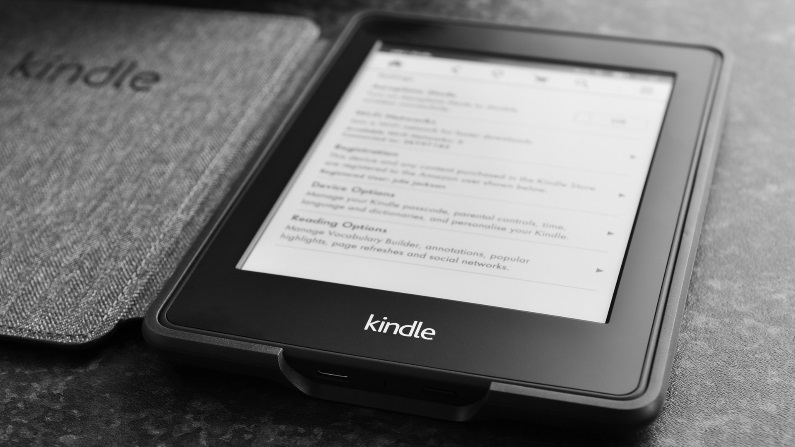


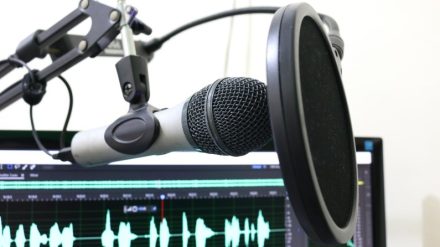
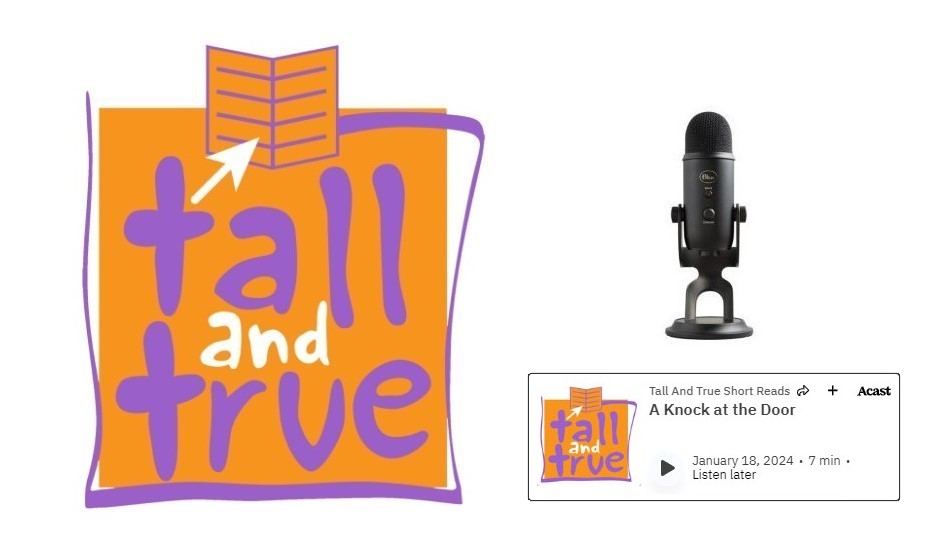
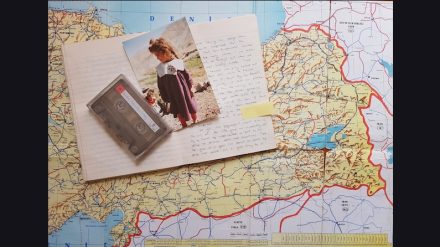
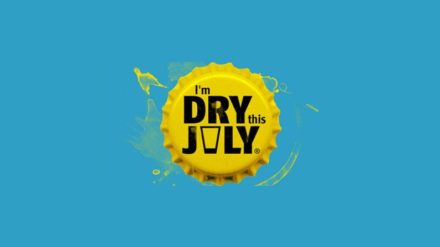
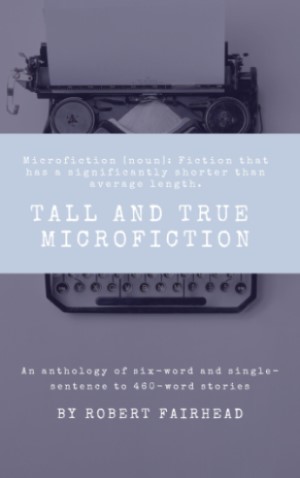
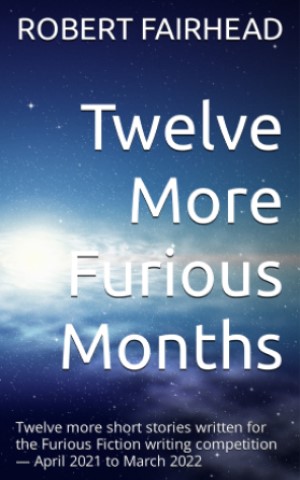
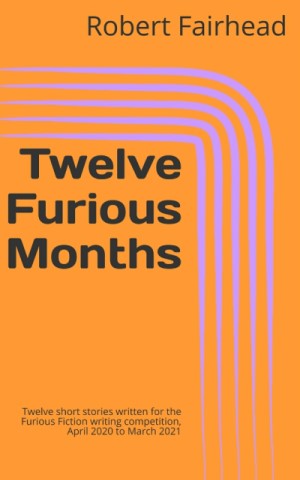
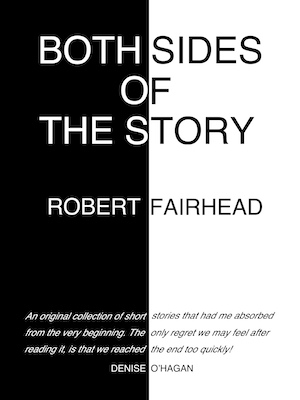
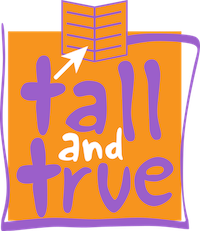
0 Comments